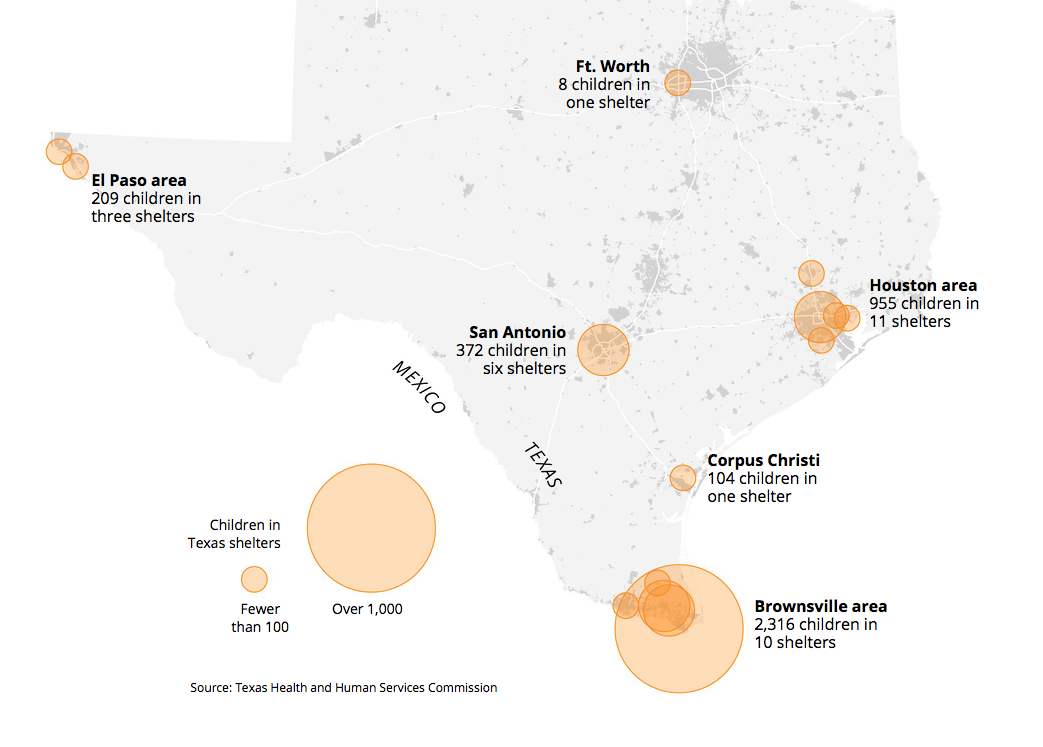Title Page
How the Koch Brothers Are Killing Public Transit Projects Around the Country. New York Times.
Introduction
In Wave of New Cities, Promise and Pitfalls for Black Middle Class. Christian Science Monitor.
With its population of 53,000, it and neighboring city of South Fulton last year became the first black-majority cities of that large a size to incorporate since Reconstruction. They also are part of a countertrend: The majority of America’s new cities have tended to have white majorities. Now, amid rising property values in a gentrifying city, Atlanta is experiencing “black flight.” The region’s increasingly prosperous black middle class is making the same trek white Americans made in the 1960s and 1970s, decamping for the suburbs. Such shifts of wealth have created new flashpoints over race, class, and property values.
Executive Summary
It's been 40 years since California's Proposition 13 limited property tax rates and annual increases across the state. The initiative won with 65 percent of the vote and according to polling from the Public Policy Institute of California, most Californians still support it. The institute found that 57 percent of respondents and 65 percent of likely voters felt that "Proposition 13 turned out to be mostly a good thing for the state."
There are some notable divides within the data, however, including the fact that Republicans are much more likely than Democrats to support the measure. While 71 percent of Republicans said the proposition had positive effects, only 55 percent of Democrats said the same thing. Homeowners were also more likely to support it than renters at a rate of 65 percent versus 50 percent. And while a majority of most demographic groups support it, only 39 percent of African American respondents do.
The measure's requirement for a super-majority to approve special taxes received more mixed feedback.
Proposition 13 has drawn a lot of criticism, despite the positive numbers. In a piece for California magazine, John Wildermuth wrote about how the measure has resulted in periods of chaos for the state budget:
"Since money from the income tax rises and falls with the economy, substituting that volatile source of revenue for the far more stable property tax opened the door for the boom and bust cycle that has whipsawed the state budget for more than a decade. “That cycle lets the Legislature spend money when it’s there, even though they don’t want to make cuts when it’s not,” [Henry] Brady [dean of the Goldman School of Public Policy at Berkeley] said.
Among the major criticism of the measure's impacts is the limitations it placed on funding for public schools at all levels. Here, the poll found that most respondents and likely voters "would vote yes on a potential ballot measure that would tax commercial properties according to their current market value and direct some of the new tax revenue to state funding for K-12 public schools."
Conclusion
In Denver, as in other cities, a boom of development downtown gets a second look in an op-ed in the Denver Post. "If you are one of those urban enthusiasts who extols every new high-rise and densely packed development as a step toward the future model city, you might want to take a look at the State of Downtown Denver 2018 report, released recently by the Downtown Denver Partnership," writes Vincent Carroll. "Apparently the city of the future is white, single and childless. And well to do, of course. We wouldn’t want to overlook that." In short, he says, though some of the area's transformation have been positive in his eyes, it's hardly a perfect model.
Endnotes
An absolutely spectacular resource as the grueling work of reconnecting immigrant kids with their parents begins —> Here’s EVERYTHING @TexasTribune knows about Texas-regulated facilities holding migrant children: violations, numbers & more
— Emily Ramshaw (@eramshaw) June 20, 2018
https://t.co/9NrpMiivGC pic.twitter.com/B7EJNHcPun

